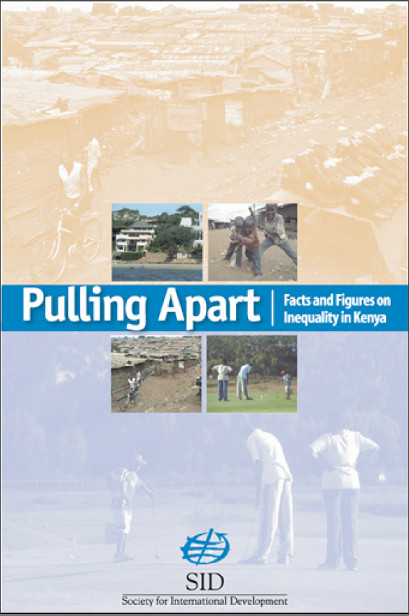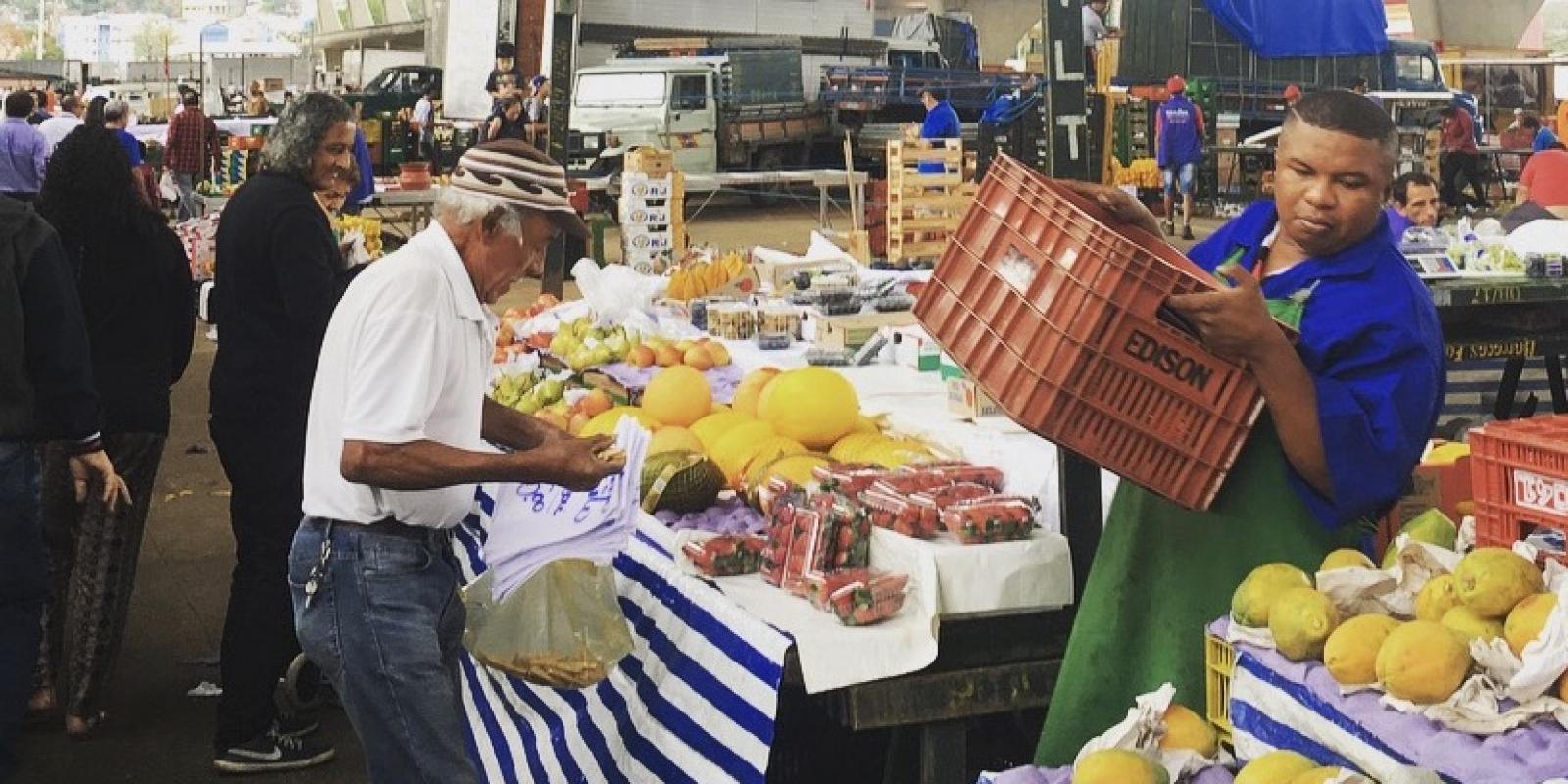SID’s current theory of change emerged from its extensive engagement on African’s inequalities and the socio-economic transformation agenda of the continent.
SID's work on inequalities revealed how they cannot be resolved by catch-up socio-economic policies, but rather require significant socio-economic transformation, shifting the centre of gravity of governmental policies towards the domestic economy and challenging the global division of labour that imposes the continued extraction of resources, commodities and wealth from the Global South.
This led SID to cover the following main areas of work:
Human rights, Governance and Development policy
SID’s current focus springs from its long-lasting engagement on human rights and inequalities and is based on human rights as the cornerstone of democratic governance and normative guidance at all levels. In this respect, the realization of the rights of all social groups that are primarily affected by development challenges and marginalized by development policies and intervention are the primary concern of the organization.
With a focus on the follow-up and review process of the 2030 Agenda for Sustainable Development, SID is an active member of the Reflection Group on the 2030 Agenda for Sustainable Development and contributes to the annual publishing of the Spotlight Report on Sustainable Development.
Economic justice
SID’s values and vision remain focused on advancing a southern-led agenda that can facilitate a rights-based just socio-economic transformation of developing countries and the democratization of economic governance as the stepping-stone for the removal of the structural and systemic barriers to socio-economic transformation within existing economic, financial, climate, trade and monetary frameworks.
With a special focus on the UN Financial for Development, SID plays an active role within the facilitation of the Civil Society Financing for Development Group as a key space for convergence among economic justice movements, within and beyond the UN process.
Food Justice
SID’s work on inequalities highlighted their multidimensional nature, with the same social groups and geographic locations consistently discriminated across socio-economic and political domains, revealing deep and ossified structures of power within societies. Inequalities within countries are clearly trapped by inequalities between countries. This led SID to concentrate on the transformation of food systems as the cornerstone of socio-economic transformation in developing economies and as one of the key policy arenas.
With food sovereignty and agroecology as the fundamental paradigms to guide the transition of food systems that can ensure livelihoods, ecological sustainability, cultural diversity, and healthy and sustainable diets, SID co-facilitates many workstreams within the Civil Society and Indigenous Peoples' Mechanism for relations with the Committee on World Food Security, actively engages with the food and nutrition agenda of the Rome-based agencies, and is an active member of the Global Network on the Right to Food and Nutrition, including the annual publishing of the Right to Food Watch.
Energy and Climate Justice
In 2016, SID launched an ‘Energy Futures’ initiative that sought to look at possible future scenarios for energy and how these would affect energy poverty in four selected countries of Eastern Africa.
This initiative meant to challenge the conventional wisdom that positive social and economic development can be expected soon after the grid would be expanded. However, the quality of power that is on offer still leaves much to be desired. Frequent brownouts and blackouts mean that the national grid cannot be relied on. Furthermore, and perhaps more importantly, the cost of energy from the grid is still priced beyond the reach of many East Africans.
Through the initiative, SID expanded from the 'food' and 'finance' critical policy spaces to also cover energy and climate justice, with a focus on the just transition, sustainable energy and the nexus between climate and finance.
Global Health Justice
Tackling global health in isolation, indulging in disease specific approaches, does not adhere to a basic reality principle. The drivers of good/bad health are closely associated with key social dimensions like food justice, climate justice, the role of public and private finance, the expansion of vertically integrated global value chains that owners of intangible or fictitious commodities such as financial products and intellectual property rights control. This is the epistemic and programming approach that inspires SID's area of work on global heath justice.
With a focus on the global governance for health and the challenges associated with processes of privatization, digitalisation and financialization, SID is an active member of the Steering Committee of the Geneva Global Health Hub.

Inequality and poverty are not just a result of the lack of economic growth. This is because while economic growth is necessary for poverty reduction it is not sufficient for uplifting the poor. Increased equality can create faster growth but without an equitable distribution of benefits from growth, its effects on poverty reduction will be marginal. In addition, inequality is also a matter of human rights, as inequalities can give rise to exclusion and the failure of people’s voice being heard. Inequality evokes strong passion and stirs controversy.

